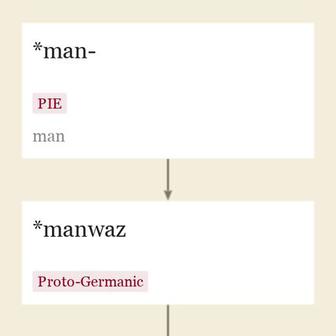horseman n.
c. 1200, from horse (n.) + man (n.).
Entries linking to horseman
"
The usual Indo-European word is represented by Old English eoh, Greek hippos, Latin equus, from PIE root *ekwo-. Another Germanic "
Used at least since late 14c. of various devices or appliances which suggest a horse (as in sawhorse), typically in reference to being "
HORSEGODMOTHER, a large masculine wench; one whom it is difficult to rank among the purest and gentlest portion of the community. [John Trotter Brockett, "A Glossary of North Country Words," 1829]
The term itself is attested from 1560s. The horse's mouth as a source of reliable information is from 1921, perhaps originally of racetrack tips, from the fact that a horse's age can be determined accurately by looking at its teeth. To swap horses while crossing the river (a bad idea) is from the American Civil War and appears to have been originally one of Abe Lincoln's stories. Horse-and-buggy meaning "

"
Sometimes connected to root *men- (1) "
Specific sense of "
Man also was in Old English as an indefinite pronoun, "
As "
Man-about-town "
So I am as he that seythe, 'Come hyddr John, my man.' [1473]
MANTRAP, a woman's commodity. [Grose, "Dictionary of the Vulgar Tongue," London, 1785]
At the kinges court, my brother, Ech man for himself. [Chaucer, "Knight's Tale," c. 1386]
updated on September 08, 2012